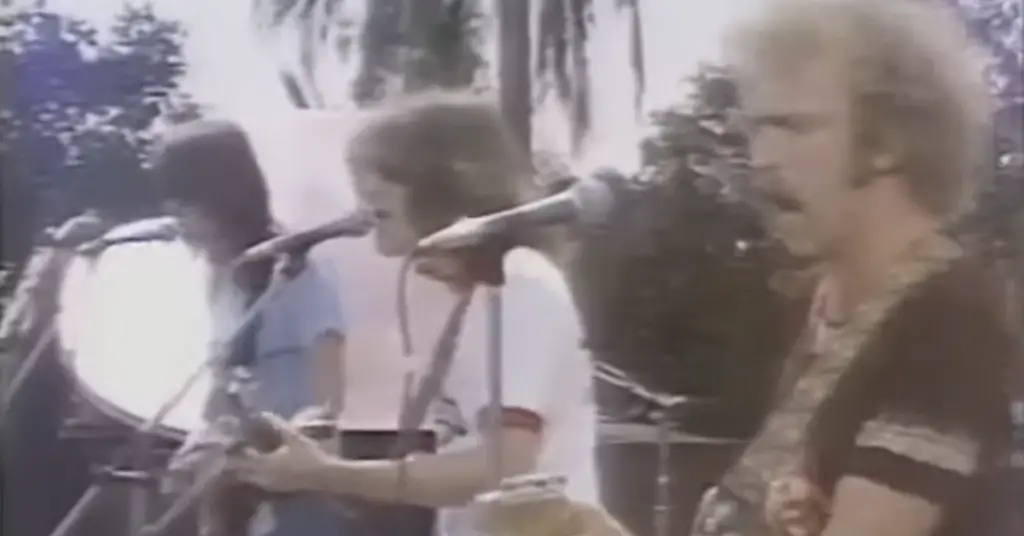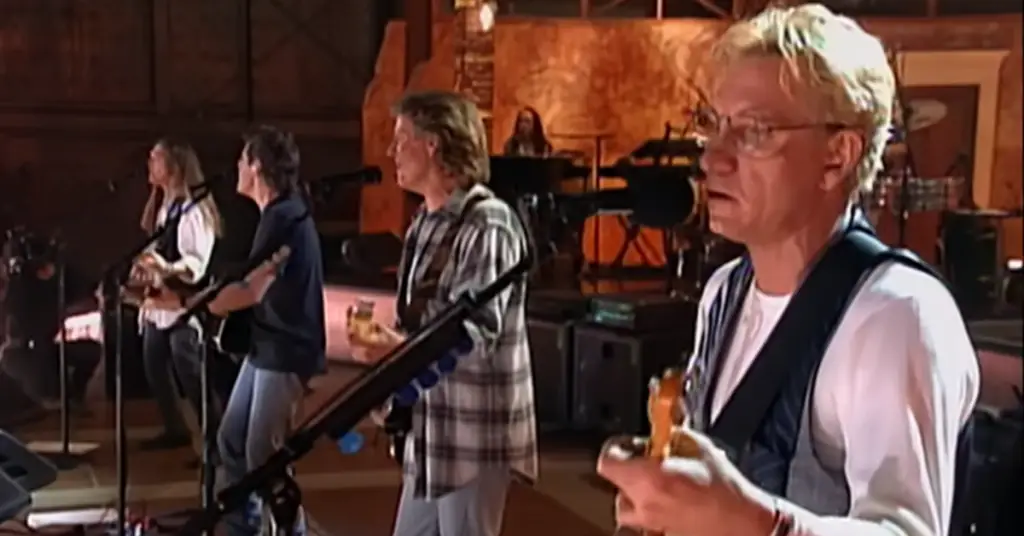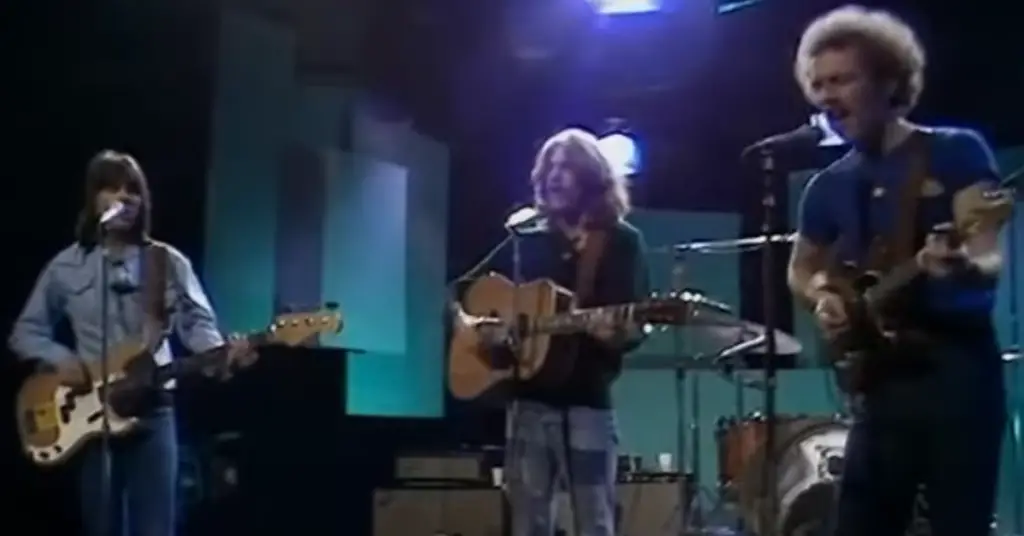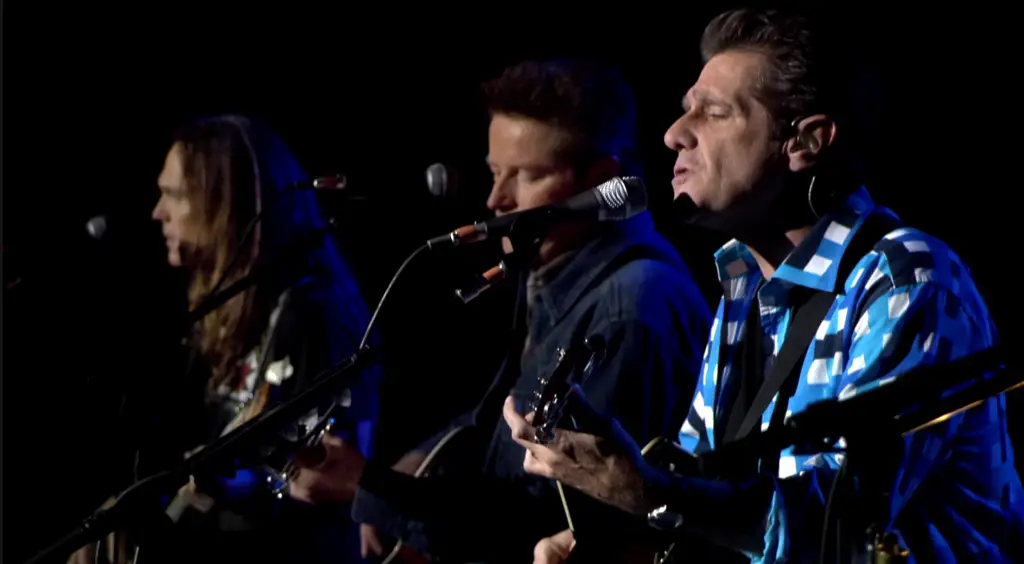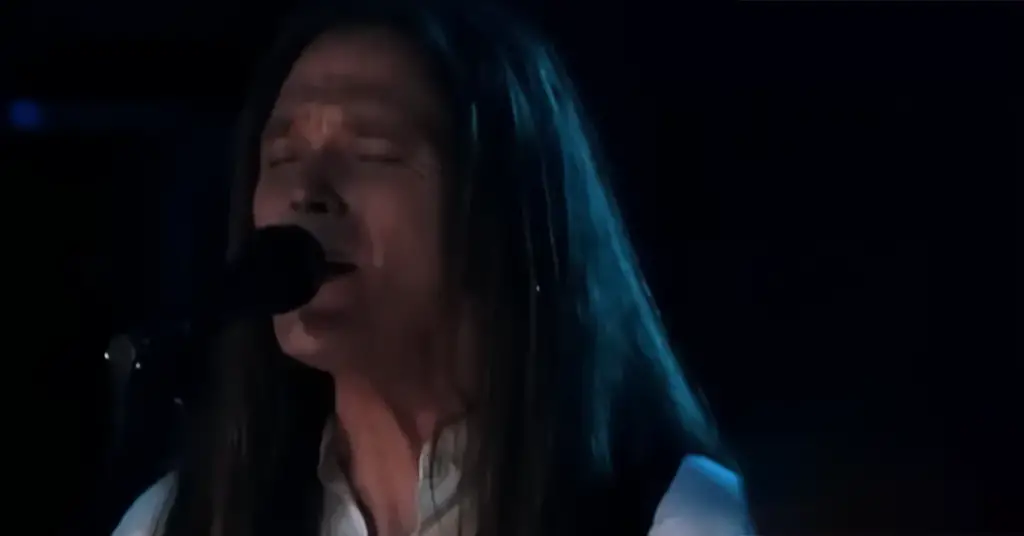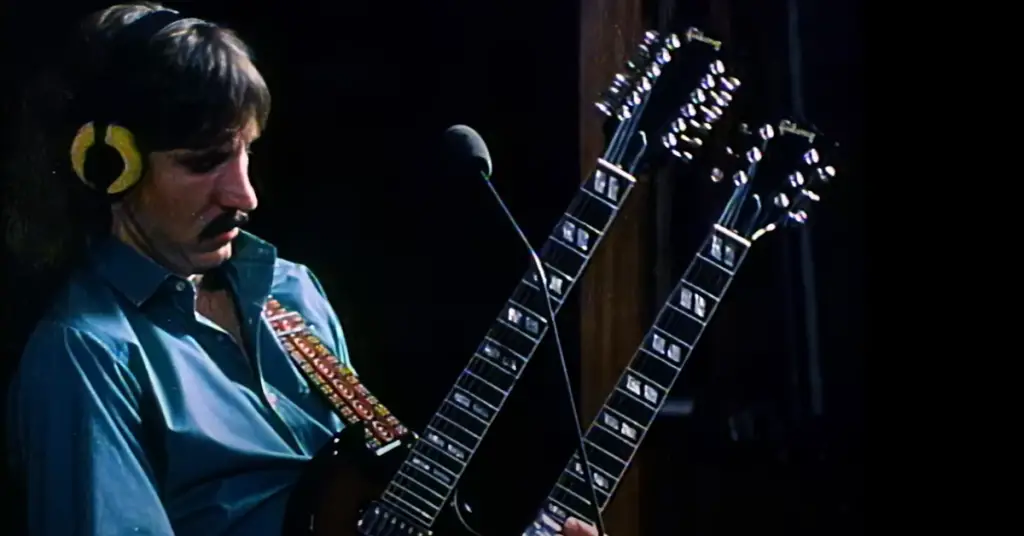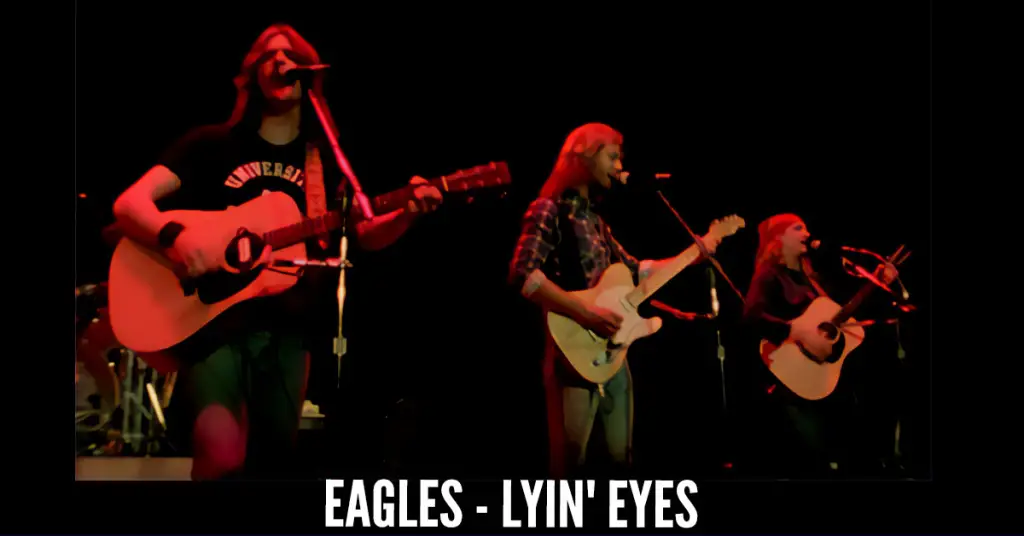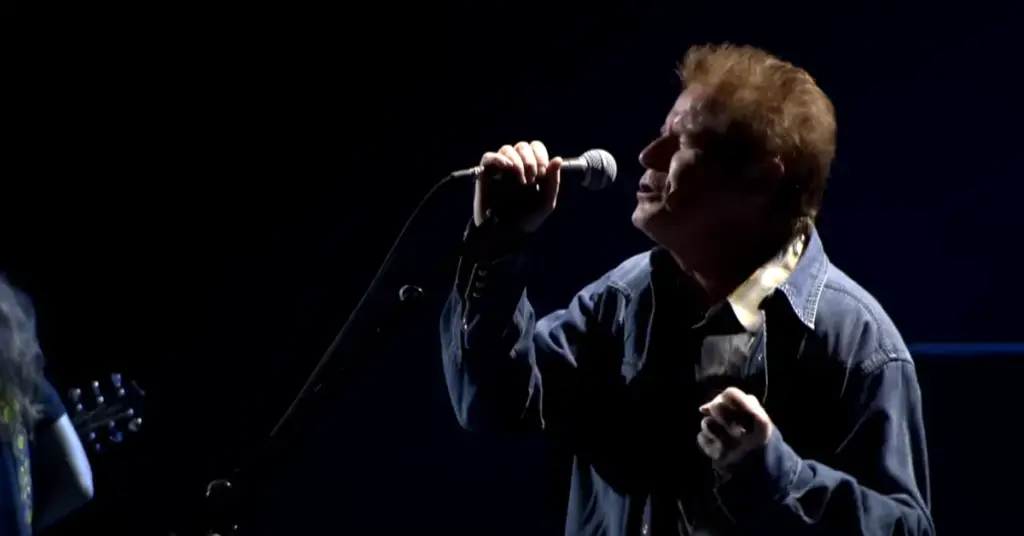Eagles – Already Gone: The Sound of Freedom with the Windows Rolled Down
When Heartache Turned into Liberation
Not every breakup song wallows in sadness. Some of them soar. And few do it better than the Eagles’ “Already Gone.” Released in 1974 on their third album, On the Border, it marked a turning point for the band — musically, emotionally, and stylistically. Gone was the pure country-rock sweetness of their early sound. In its place came something louder, leaner, and full of swagger.
The first time I heard that ringing guitar riff, it felt like open highway — endless blue sky, no rearview mirror. This wasn’t a song about loss; it was about getting your life back.
The Story Behind the Song
Written by Jack Tempchin (who also penned “Peaceful Easy Feeling”) and Robb Strandlund, “Already Gone” wasn’t an Eagles original, but the band made it completely their own. By the time they recorded it, they were moving away from their laid-back Laurel Canyon vibe toward a harder, more rock-driven sound — thanks in large part to new guitarist Don Felder, whose fiery style pushed the band into fresh territory.
Glenn Frey took the lead vocal, delivering it with the perfect mix of confidence and good-natured defiance. It was his voice, but it felt like the voice of anyone who’s ever said, “You know what? I’m done — and I’m better for it.”
The Lyrics: Turning the Page with a Smile
What makes “Already Gone” such a timeless anthem is how free it feels. It’s not bitter or vengeful — it’s joyful. The narrator’s been wronged, sure, but instead of sulking, he’s singing his way out the door:
“So often times it happens
That we live our lives in chains
And we never even know we have the key.”
That line could hang on a wall. It’s as much about breaking free from fear and limitation as it is from a bad relationship.
And that chorus —
“I’m already gone, and I’m feelin’ strong” —
still sounds like pure sunshine.
The Music: Where Country Met Rock and Found Its Wings
Musically, “Already Gone” is where the Eagles found their sweet spot — blending the polish of Southern California harmony with the punch of American rock and roll.
From the start, that twin-guitar intro — Frey and Felder trading off bright, chiming licks — feels like ignition. Don Henley’s drumming gives it just enough drive to keep things rolling, and those tight Eagles harmonies in the chorus lift it into the stratosphere.
It’s breezy but not soft, tough but never angry — the perfect middle ground between country storytelling and rock freedom.
A Fan’s Reflection
The first time I heard “Already Gone” on the radio, I was driving nowhere in particular — windows down, evening sun spilling across the dashboard. By the time the chorus hit, I caught myself grinning. That’s what this song does — it doesn’t just play, it lifts you.
It’s the kind of track that makes you want to take the long way home, just to hear that outro one more time.
Why Already Gone Still Feels Fresh
Nearly fifty years later, “Already Gone” remains one of the Eagles’ most beloved songs — not just for its singalong chorus, but for its spirit. It’s the sound of liberation, of walking away with your dignity intact and your head held high.
For me, it’s the Eagles’ first real taste of the rock ’n’ roll swagger they’d perfect on Hotel California a few years later. It’s confident, melodic, and endlessly replayable.
Every time that final guitar riff rings out, it feels like a celebration — proof that sometimes the best revenge isn’t anger or regret. It’s simply driving off into the sunset, radio up, and realizing you’re already gone.
